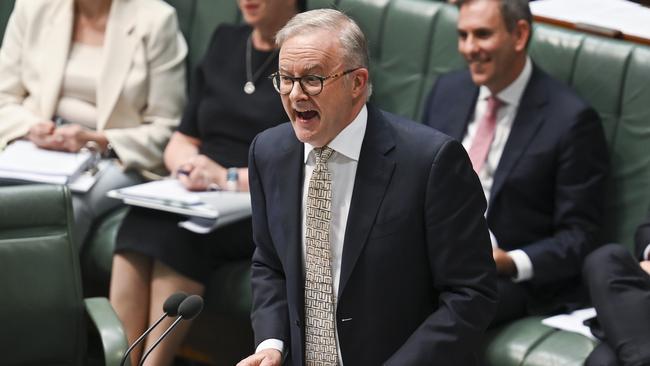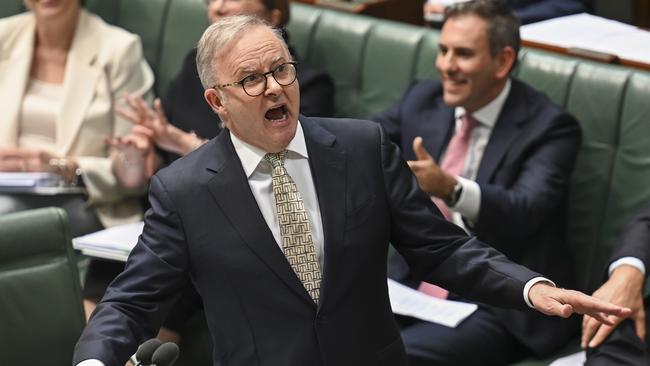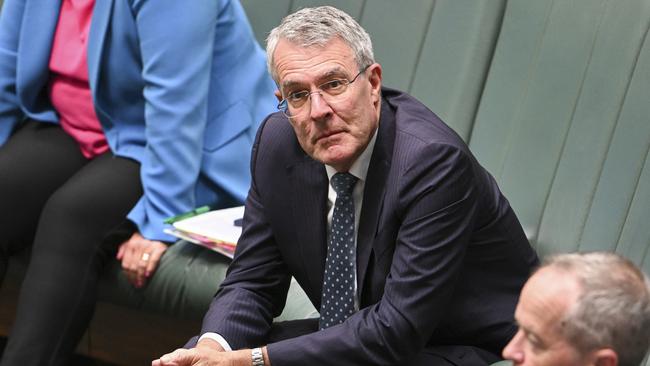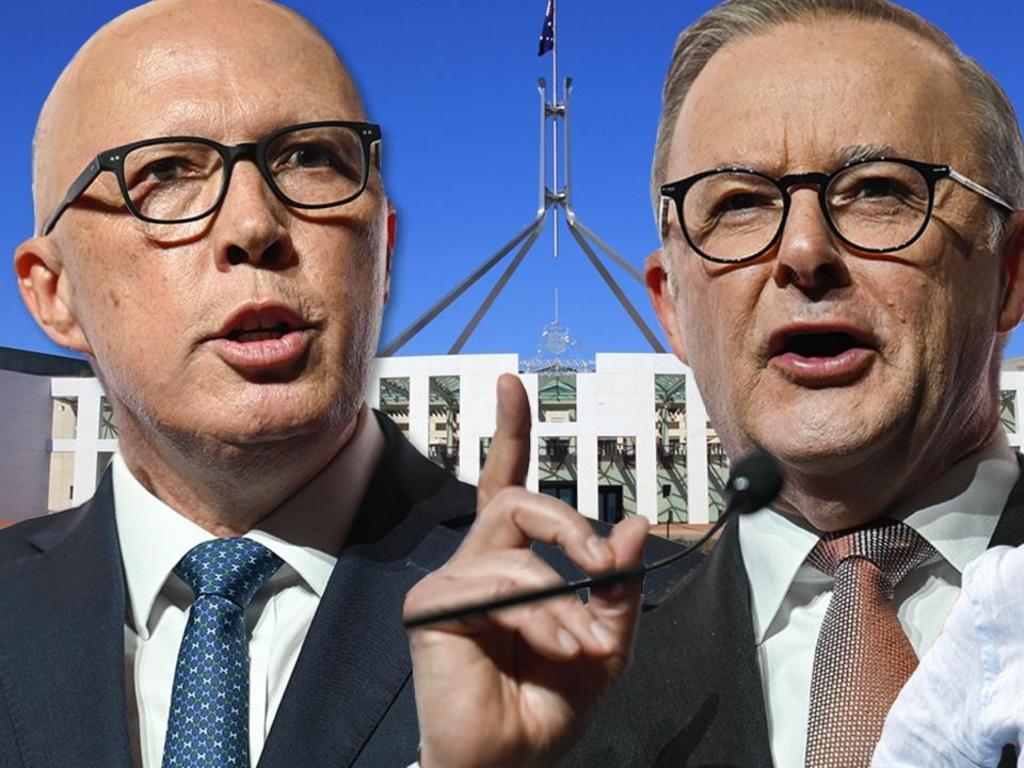
After two successive elections with promised education reforms to keep the right of faith-based schools to hire teachers who support their religious ethos and prevent sexual discrimination against teachers and students, the Prime Minister has politicised the process.
Albanese appears to have learned from his catastrophic failure over the Indigenous voice to parliament referendum, which was doomed from the beginning without bipartisanship. But he has also learned how to weaponise the appeal for bipartisanship and will seek to blame Peter Dutton if the new legislation fails, which it could because of trenchant Coalition opposition to the Australian Law Reform Commission’s proposal to drop the protection for faith-based schools in section 38 of the Sexual Discrimination Act.

Albanese is under pressure from faith leaders on the one side to ensure the new laws do not weaken existing protection for religious schools to discriminate when hiring like-minded teachers and from LGBTQI+ groups on the other hand seeking the discrimination to be removed.
Intransigence from both sides and fears of creating legislative Trojan horses that corrupt the intent of the proposals led Scott Morrison to withdraw his promised religious freedom bill when it faced rewriting in the Senate without bipartisan support.
Albanese, in the same bind, has sought to extricate himself by saying if there can’t be common agreement between the major parties then there will be no change at all.
From the view of the faith leaders the status quo is the least worse result and even a preferred result over one that undermines existing rights. So, a failure of the legislation will disappoint religious leaders but not anger them.

Albanese’s political problem is from his left where he will be seen as betraying students and teachers, rejecting the law commission’s report Mark Dreyfus commissioned and where the LGBTQI+ community has already declared the status quo a Labor sellout.
It’s a smart move, a bit tricky, doesn’t lead to a Labor war with religious institutions, doesn’t make things worse, has a semblance of keeping an election promise and the potential to blame the Opposition Leader. After all, rather than “blaming” Dutton, Albanese can argue he’s spreading the responsibility for a social-cultural issue that both sides have promised to address.
But, as with the Indigenous voice referendum, success for Albanese hangs on successfully blaming Dutton, quelling any progressive revolt in his own ranks and not being seen as weak by everyone.
For his part, Dutton has declared the issue a matter of Albanese’s character because he has: changed an election pledge; misled faith leaders; breached a confidential undertaking with him by leaking the private bipartisan discussion; doesn’t believe in what he promises, and; is merely trying to find a scapegoat for the failure of the proposed changes.
Dutton, too, has learnt from the voice experience and has called out Albanese at the beginning to make it more difficult to blame the Coalition for the failure of an Albanese election promise.







Anthony Albanese’s decision to add the condition of “bipartisanship” to putting forward promised religious freedom laws has revived the cultural political wars and virtually ensures the failure of proposals to give new protection to faith-based schools, students and teachers.